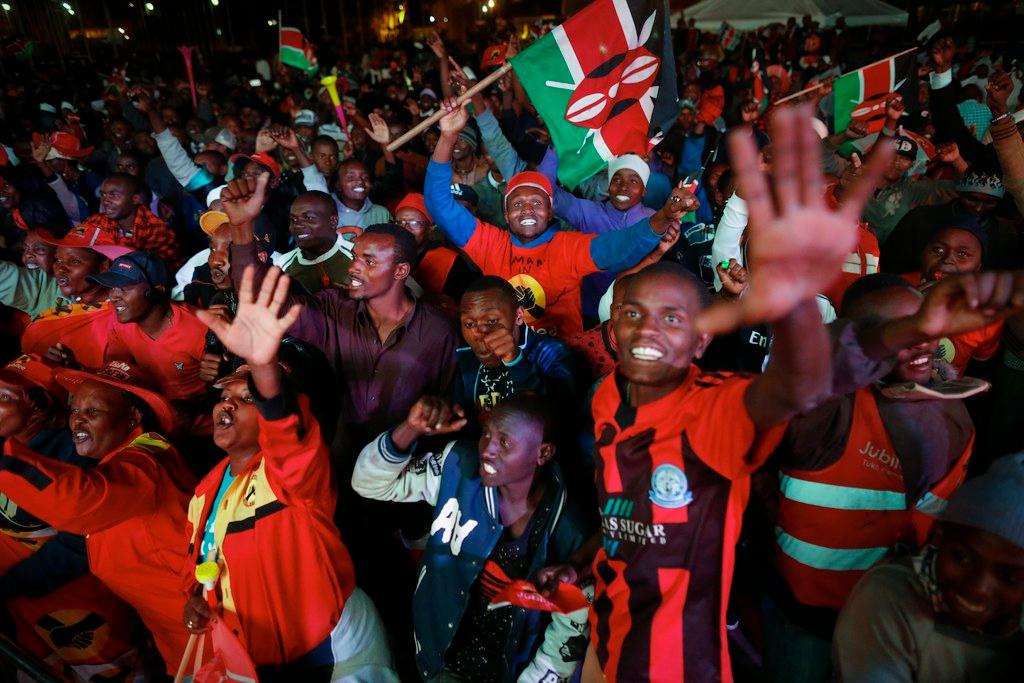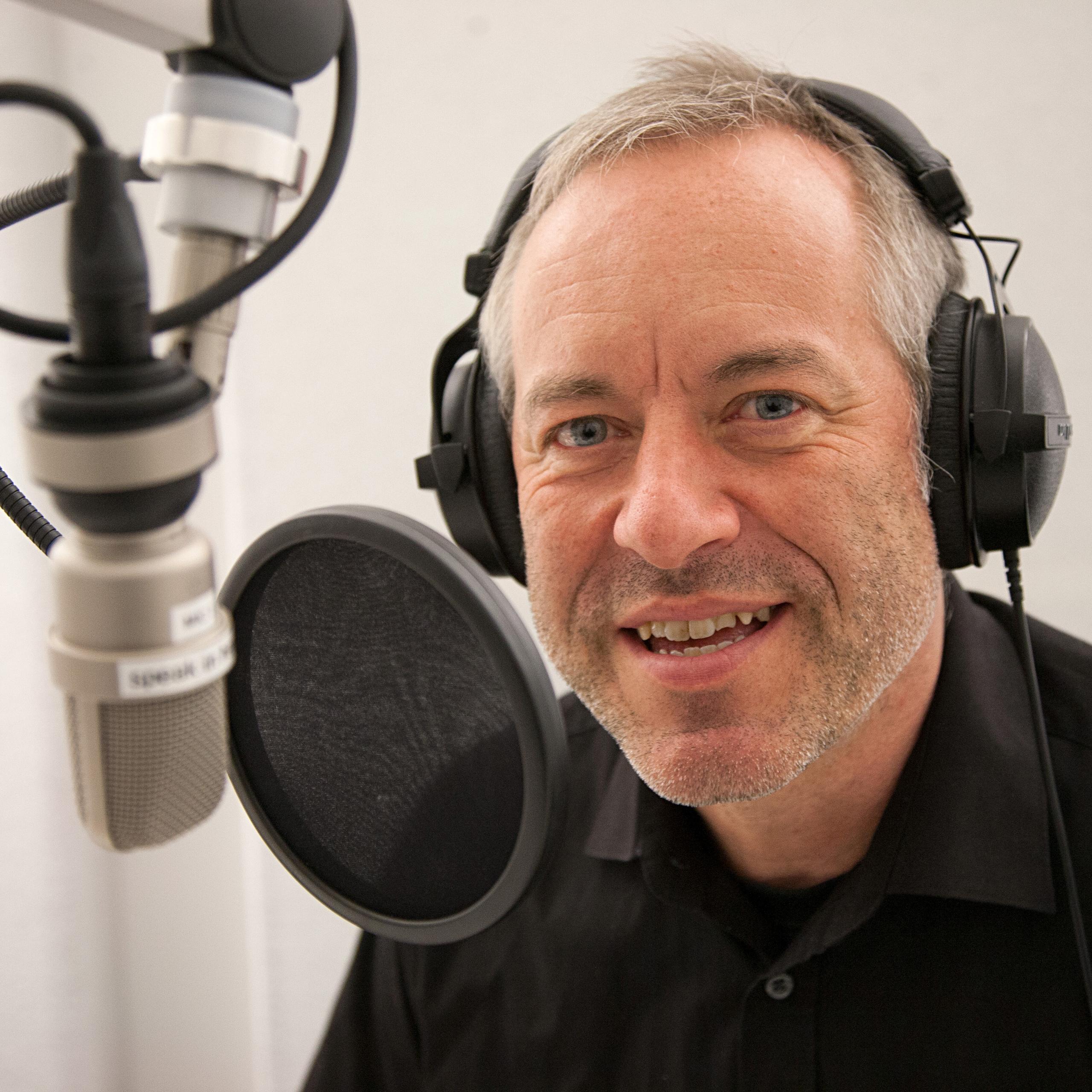
Heading for busy autumn of ballot box decisions

Hundreds of millions of people around the world will be called to make mayor decisions at the ballot box this autumn. After a contested start in Africa, the focus will shift to elections and referendums in Europe next month before reaching countries in the Pacific Ocean late in the year.
The start of the second half of the 2017 electoral year felt like a step backwards. In Rwanda on August 4, the incumbent president, Paul Kagame, won virtually all the votes, according to the (not independent) National Election CommissionExternal link. To gather 98% of the vote, Kagame, after 17 years in power, first had to abolish the constitution’s two-term limit.
Much more competitive were the super-elections in the neighbouring and much larger country of Kenya on August 8.
There the sitting president Uhuru Kenyatta was re-elected in the first round by 54% of the vote — a result contested by opposition candidate Raila Odinga and followed by violent clashes. The (independent) Kenyan Election CommissionExternal link for the first time used digital technology to administer these popular votes, which included elections to the national parliament and many provincial governments.
Elections in Europe
In the next few weeks and months, the electoral focus will shift north to Europe. National parliament elections are scheduled in NorwayExternal link (Sep 11),GermanyExternal link (Sep 24), AustriaExternal link (Oct 15) and the Czech Republic (Oct 22), while citizens in Switzerland and Moldova will vote September 24 on important constitutional amendments involving the pension system (Switzerland) and presidential powers (Moldova).

In addition, the autonomous region of Catalonia in Spain is preparing for a highly contested referendum on independenceExternal link on October 1.
The high-profile German elections are more than just a re-election campaign about Chancellor Angela Merkel. The election campaign is an opportunity for pro-democracy forcesExternal link to propose more direct democracy at the national level. While the constitutionally established principle of direct citizen-lawmaking has been introduced in German municipalities and states since reunification in 1990, direct democracy has not yet been implemented at the federal level.
Same sex marriage
Also in the second half of the year, the election action heads to the Pacific Ocean. New ZealandExternal link will be first out with parliamentary elections in mid-September, while neighbouring Australians face a strange plebiscite (some would just call it non-binding survey) on same-sex marriage in November.
Although Australia has a rather proud tradition of modern direct democracy, in recent decades – in fact since 1977 – competing political parties have not been able to pave the way for any constitutional changes at all.
The reason for this is that the main groups were unable to agree on such changes in a nationwide referendum. They include the introduction of a republicExternal link, – the precondition to reach a double majority (people and states)External link.
With the so called “same sex marriage plebisciteExternal link” sitting conservative Premier Malcolm Turnbull, who is in favour of allowing same-sex-marriage, tries to break this series of unsuccessful popular votesExternal link, by changing the rules:
Instead of a regular popular vote under the Australian Election CommissionExternal link Turnbull and his majority has initiated an ad-hoc postal plebiscite under the Australian Bureau of StatisticsExternal link.
Americas
Finally, we must not neglect the Americas, where – one year after the shock-election of Donald Trump to the United States presidency – a series of elections and referendums will take place in Argentina (Oct 22), Chile (Nov 19) and Honduras (Nov 26).
On November 7External link, US citizens in nine states will be called to make decisions on 27 different issues.
Additionally hundreds of local issues will be decided across the US this November – including a local referendum in the City of Lawrence in MassachusettExternal links, where voters will be asked if the commercial sale of Marijuana should be banned, again.
Modern (direct) democracy is exercised not only at the ballot box. Across the world active citizens are using initiative rights to put the issues of their choice on the political agenda.
In Uruguay, one of the most developed countries worldwide when it comes to initiative and referendum rights, business associations are currently gathering signaturesExternal link against policies that discourage the use of cash — effectively creating a cashless society.
Signatures are also being collected from citizens in Europe. Nine transnational initiatives that are currently circulating at the level of the European UnionExternal link, while Swiss voters are able to sign ten different nationwide constitutional citizens’ initiativesExternal link. And those Swiss initiatives could bring even more popular votes in the years to come.
This outlook was written by Bruno Kaufmann with the research support of Klaus Hofmann, the editor of the Direct Democracy NavigatorExternal link.

In compliance with the JTI standards
More: SWI swissinfo.ch certified by the Journalism Trust Initiative



























You can find an overview of ongoing debates with our journalists here . Please join us!
If you want to start a conversation about a topic raised in this article or want to report factual errors, email us at english@swissinfo.ch.